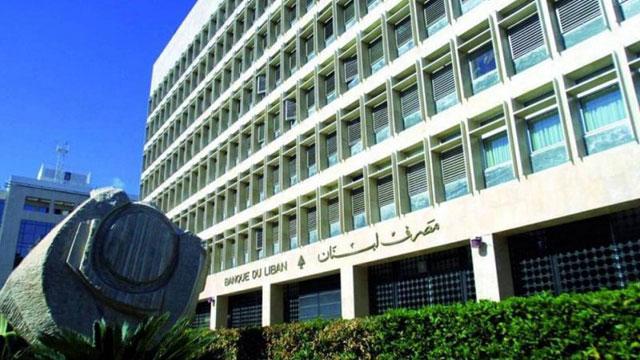You are here
Lebanese prosecutor orders asset freeze for 20 banks
By AFP - Mar 05,2020 - Last updated at Mar 05,2020

A Lebanese prosecutor on Thursday ordered an asset freeze for 20 banks and their board directors while the decision still needed to be approved by the central bank (AFP file photo)
BEIRUT — A Lebanese prosecutor on Thursday ordered an asset freeze for 20 banks and their board directors, two judicial sources said, in the latest move targeting the crisis-hit country's under-fire banks.
Lebanon has been gripped since October 17 by mass protests against the political class and banking sector, even as it faces its worst economic crisis in decades.
Banks have since September imposed increasingly tight limits on dollar withdrawals and transfers abroad to tackle a severe liquidity crisis, sparking frustration among ordinary depositors.
Financial prosecutor Ali Ibrahim slapped "a notice of asset freeze on 20 banks and on the property of their board directors", a judicial source told AFP.
Assets to be frozen in an apparent move to bring the banks under pressure included "real estate, cars and companies", the source said.
A second source said it was "a preliminary measure that will be followed by others according to the response of the banks and their treatment of small depositors."
Both sources said the decision still needed to be approved by central bank head Riad Salameh, but that he was likely to agree to avoid a collapse of the banking sector.
The move come after the prosecutor separately called in 15 banks on Monday over more than 2 billion dollars in capital flight despite the restrictions in the two months after the start of the protests.
Lebanon is currently facing its worst economic crisis since its 1975-1990 civil war.
The value of the Lebanese pound has plummeted on the black market, prices have risen, and many businesses have been forced to slash salaries, dismiss staff or close.
Lebanon is one of the most indebted countries in the world, with a public debt equivalent to 150 per cent of its gross domestic product.
The country is now under pressure to pay a $1.2 billion Eurobond maturing on March 9, with a decision expected on Saturday on whether or not to default.
Related Articles
BEIRUT — Lebanese banks agreed to lift certain restrictions imposed last year to stem a crippling liquidity crisis, the National News Agency
BEIRUT — Once lauded for reviving Lebanon's economy, former central bank chief Riad Salameh, wanted abroad and reviled at home after y
THE HAGUE — France, Germany and Luxembourg have seized properties and frozen assets worth 120 million euros ($130 million) in a major












